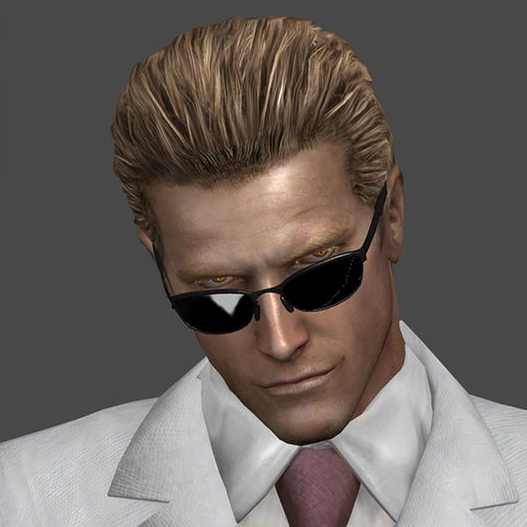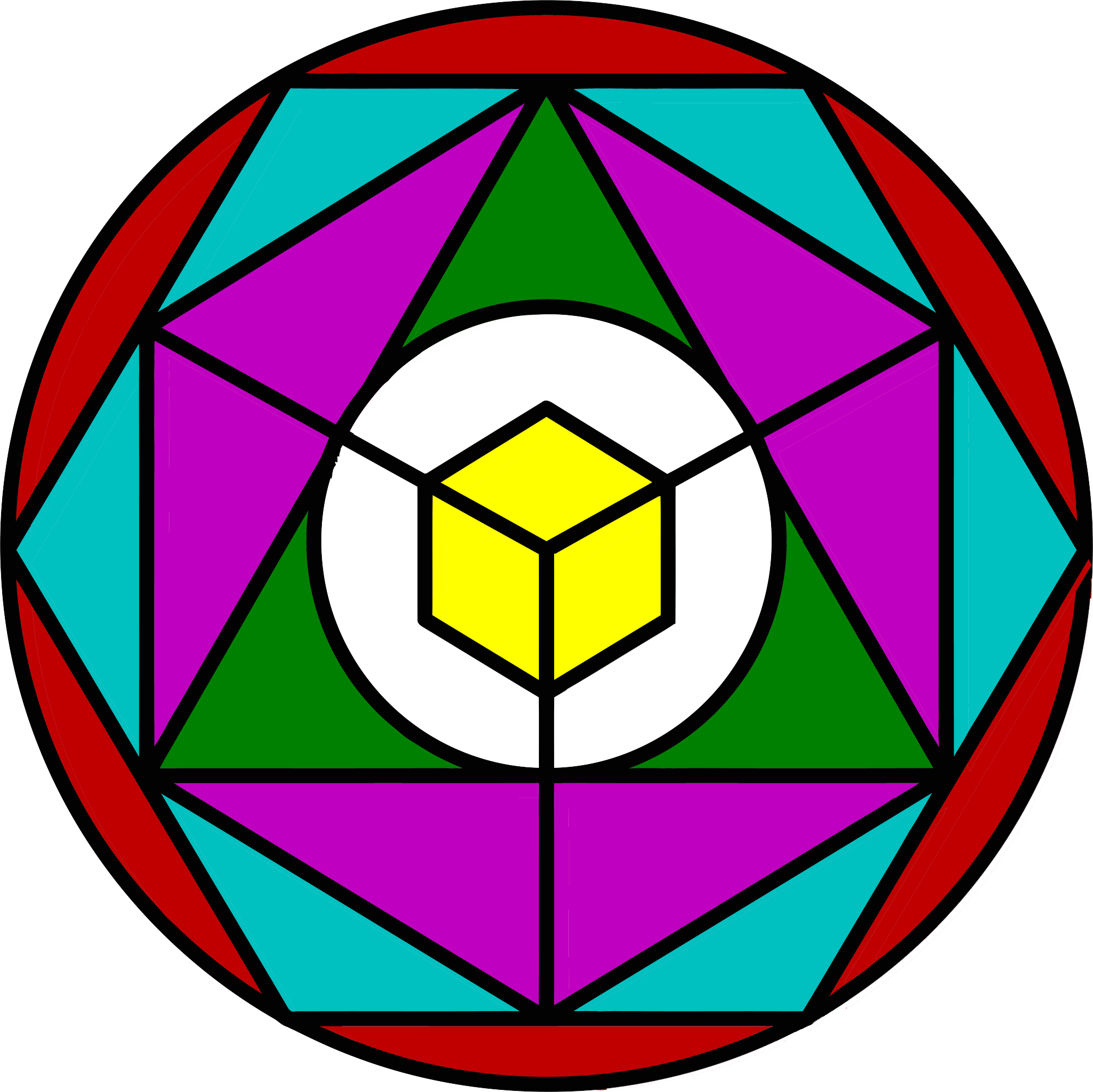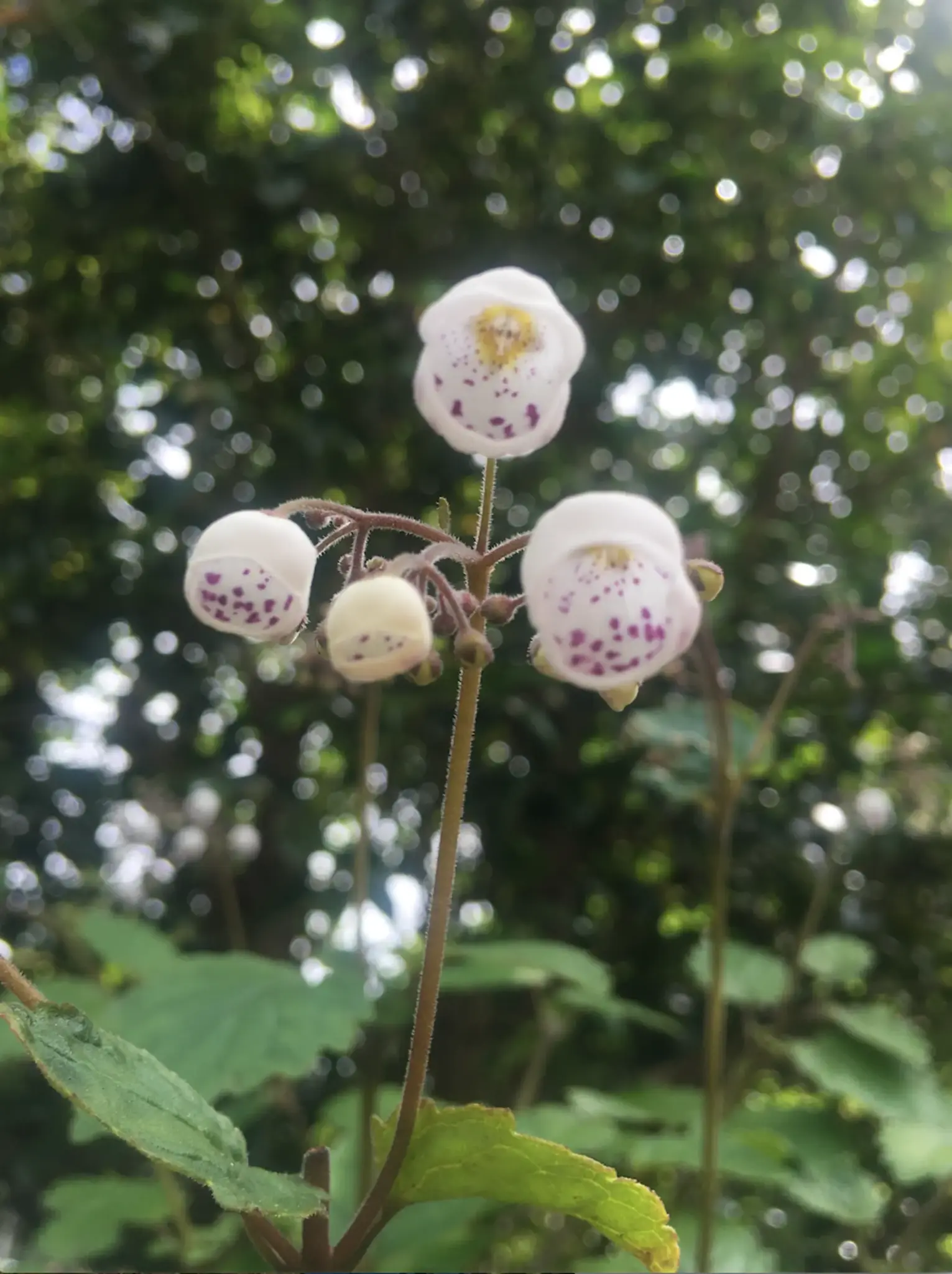
Get older.

Get older.
Working on it.

Weird.

It sounds like a BS answer, but it’s true. My personal experience is that the older I’ve gotten, the less I’m affected by the world around me. My best guess is the experience of time can lend coping mechanisms, under the proper circumstances I’m sure.

It’s just not actionable. It’s not something you can do.

That’s a fair take. But I will say that we just grew a little older together, and I’ll take your point to heart when dealing with others.

I get the sentiment, but what is it rooted in? Extreme experiences giving you a new perspective making old anxieties feel like nothing. That’s just statistics. That’s saying that the longer you live, the more likely you are to experience those kinds of things.

I don’t know, I just live here.

It is something you will do though. So you can rest easy on that part. Sometimes the best course of action is to do nothing.

Exercise

I used to be very empathic, I cared so much about the world and everyone in it. Making sure people were taken care of, and hoping for the best for everything. I would get depressed when bad things happened and I couldn’t do anything about it. But as I’ve gotten older and the world has gotten so much worse and it keeps getting worse and worse. I find I’ve adopted an “It is what it is” attitude about nearly everything. I have zero faith in humanity and it’s ability to over come the downward spiral we are in, and doubt we will still be here in 100 years, and frankly have gotten to the point were I feel that might be for the best. Time for the universe to hit reset and start again.

We’re not special. Some of us tried, but after a few decades on this earth I am not sure we collectively deserve it.

It’s less about the intensity of your emotions and more about how you deal with them.
Let’s say you got really angry in public. It’s fine to get angry, sometimes there are good reasons for that. But there are multiple ways to deal with that anger. An unhealthy way would be to run amok and harm innocent people in order to vent. A healthy way would be to calm down, reflect on what makes you angry, and then either make an effort to improve your situation or remove yourself from it.
You can’t help feeling a certain way, but you can choose how you react to your emotions. Try to pick the option that is the least destructive to yourself and those around you. If emotional regulation is hard for you, you can learn coping skills from a therapist.

Techniques to manage the intensity of emotions sit between the parts you’re describing.
I agree that Inbetween the feeling rising up and our reaction there’s a choice to be made. Highly intense feelings overwhelm and reduce our choices in the moment.
Understanding what’s underneath or behind our feelings is one excellent way to do this which sadly doesn’t work for everything, especially the most intense feelings

This is why I recommend dialectical behavioral therapy. It teaches mindfulness and radical acceptance to reframe your relationship with your emotions in a more healthy light, and also solid techniques for emotion regulation and distress tolerance. It helped me soooo much.
Edit to add: there is a lot of free DBT material on the internet that you can pursue without a therapist, if there are none available to you at the moment.

(not a serious response but a true one)
Antidepressants

Hey, came here to say the same thing!

Yay! Antidepressants!
Not even to begin discussing the effect they have on experiencing… other things… 😅

Drugs and alcohol. Numb the body, numb the mind, numb the soul.
I’m going with the definition of “best” meaning “most effective” in this case.

The box method of breathing for several minutes helps me in immediate situations. And I’ve found doing this on a regular basis helps it become a habit which in general helps me deal with emotions better.
As someone else posted, medication. If your psychiatrist thinks it is warranted.
Therapy can be a godsend. Don’t be afraid to hop therapists at the beginning either—find a good match.
And something that helps me immensely: I use this as a mantra: “I will not always feel like this. Tomorrow I will not feel like this. This will pass.” Treat these strong emotions as a wave you need to ride. But that wave will eventually subside and you cam comfort yourself with that fact.

Read up on stoicism

Do you have any good recommendations to start from?

A Guide to the Good Life: The Ancient Art of Stoic Joy https://a.co/d/7hSGeJF
This is where I started. I didn’t even end up finishing the book, but the concept changed my life.

Med. I. Cation. Specifically Prozac. It works great for me, but we’re all different. Since I’ve been on it, it’s changed my life. So many things were attached to my mental health that I never knew.

I tried a bunch of different antidepressants. Lexapro, Zoloft, Prozac, Lamictal, Abilify. None of them helped, just kinda made me feel number and more tired. I gave up for a few years. Then I tried Celexa and it worked. It was like night and day. Holy shit, life is so much better now.
So try not to feel discouraged if you’ve tried medication and it didn’t help. There’s a ton out there, and more being developed all the time.

Yeah, I went through a bunch. I haven’t tried that one yet, but it turns out I’m very sensitive to medication, because Vraylar made me feel insane.
Now they want me to do some sort of drug test, “geo mind” or something like that, which will help me narrow down what medications to try next.
But 20Mg Fluoxetine is taking really good care of me rn. It gives me a bump like Adderall, which is great for my ADHD, and I feel so calm and not like I wanna just piss everyone off all the time - which is how I have been my entire unmedicated (or heavily self-medicated with alcohol) life.Like I said, things I never knew we’re related to mental health are better now.
Thanks for sharing your story, I really hope a younger version of me sees this, and decides to talk to a psychiatrist instead of drinking too much.

For me it’s trying to get to the bottom of the reason why I feel a certain way. If I manage to logic myself out of the initial heavy torrent of emotions I can usually talk myself down if I feel it’s destructive.
So just thinking about those emotions but not in a way that amplifies them. If I’m angry at someone I would try not to think more reasons why what that person did is wrong but more in the direction of why do I feel angry for them doing that.
If I manage to see my state in such a objective manner I’m able to just decide to stop feeling this way. Often I realise that feeling those emotions, even the negative ones, just feels good and even though I can stop I prefer not too. But at least it’s a choice.

Why would I want to do that? I wanna feel everything at the appropriate volume.

What if the appropriate volume is “lower”?

Then you pair it with a soundtrack that features songs providing an emotional counterbalance. If you’re feeling depressed, play aggressive music. If you’re feeling stressed, play happy music. If you’re feeling manic, play desperate music, like hopeless love songs. If you’re feeling angry, play something wistful and dreamy. If you’re bored, play dance music. If you’re restless, also play dance music, but push back the furniture and dance to it.

For fear, anxiety, and panic, the 5-4-3-2-1 Exercise is amazing.

Distraction is the best coping method. I listen to audiobooks instead of trying to sleep and I fall asleep faster without the constant stream of internal anxious chatter

Is your cucumber bitter? Throw it away. Are there briars in your path? Turn aside. That is enough. Do not go on and say “Why were things of this sort ever brought into this world?”
and if you can’t change it, why worry? especially after you’ve done your best
and also antidepressants and or maybe lithium. ask your psychiatrist about it
